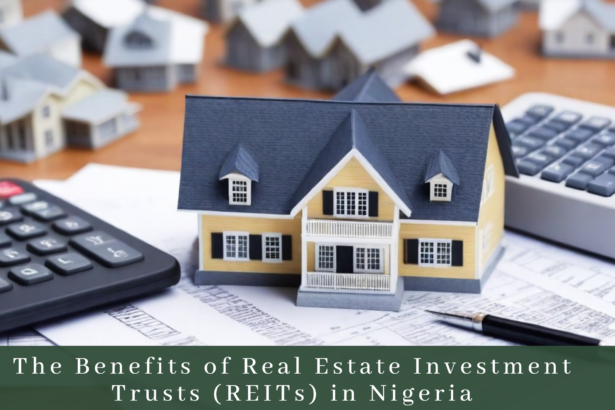The dynamics of the real estate market are significantly shaped by the Nigerian economy. Nigeria’s economy, one of the biggest in Africa, has an impact on the demand for and prices of real estate as well as the mood of its investors as a whole. From market trends to governmental regulations, how exactly do the economic indicators affect the sector’s development and potential?
- Nationwide demand for real estate and economic growth: These two factors are intimately related. The demand for both residential and commercial properties tends to surge during times of economic expansion and elevated consumer confidence. An expanding economy results in more work opportunities and disposable income, which increases consumer demand for home ownership and company growth.
- Property Prices and Inflation: In Nigeria, property prices are significantly impacted by inflation rates. Consumers’ purchasing power is diminished by high inflation, which could reduce demand and affect the selling of real estate. Real estate investing is a desirable way to protect wealth against inflation and experience price growth when there is minimal inflation, on the other hand.
- Exchange rates and Foreign Investment: Foreign investment in Nigeria’s real estate sector is influenced by exchange rates. The value of the local currency can draw foreign investors looking for possibilities in the nation’s real estate sector. On the other hand, currency depreciation may cause international investors to exercise caution owing to currency risk. Investor confidence in the real estate market may be impacted by the Nigerian government’s efforts to maintain exchange rate stability.
- Government Policies and Incentives: In Nigeria, real estate investment is directly impacted by government policies and incentives. Real estate demand and development can be boosted by programmes like tax benefits for builders and homebuyers, mortgage finance plans, and initiatives for affordable housing. On the other hand, regulatory adjustments that hinder real estate transactions or raise costs could impair investor confidence.
- Infrastructure Development: The development of infrastructure has a significant impact on real estate investment. The appeal of certain areas for residential and commercial developments can be increased by improvements in transportation, utilities, and public amenities. Property demand and value growth are typically higher in areas with adequate infrastructure.
- Market Sentiment and Investor Confidence: Economic stability and growth expectations have an impact on market sentiment and investor confidence. Investor confidence in the real estate market can be increased by favourable economic indicators and a stable business environment. On the other side, economic ambiguity and elements like political unrest can make investors wary and affect real estate investment choices.
- Population and Urbanisation: The rapid population and urbanisation expansion in Nigeria is a factor in the rise in demand for residential and commercial real estate. The demand for residential homes, retail spaces, and office buildings increases as more people relocate to metropolitan centres in search of employment and higher living standards.
Conclusion
The real estate investment landscape is daily significantly shaped by the Nigerian economy. Although the economy isn’t exactly favourable currently, experts are positive that it is primed for future growth. Prediction says that the nation’s real estate sector would increase by 5.2%, with a projection of about 6.5% to the GDP, up to the global standards of the world’s largest economies, China and the U.S.A respectively.
The Nigerian Real Estate Sector, if properly utilized, can channel the nation to a more sustainable economic stance.
Fact source:




